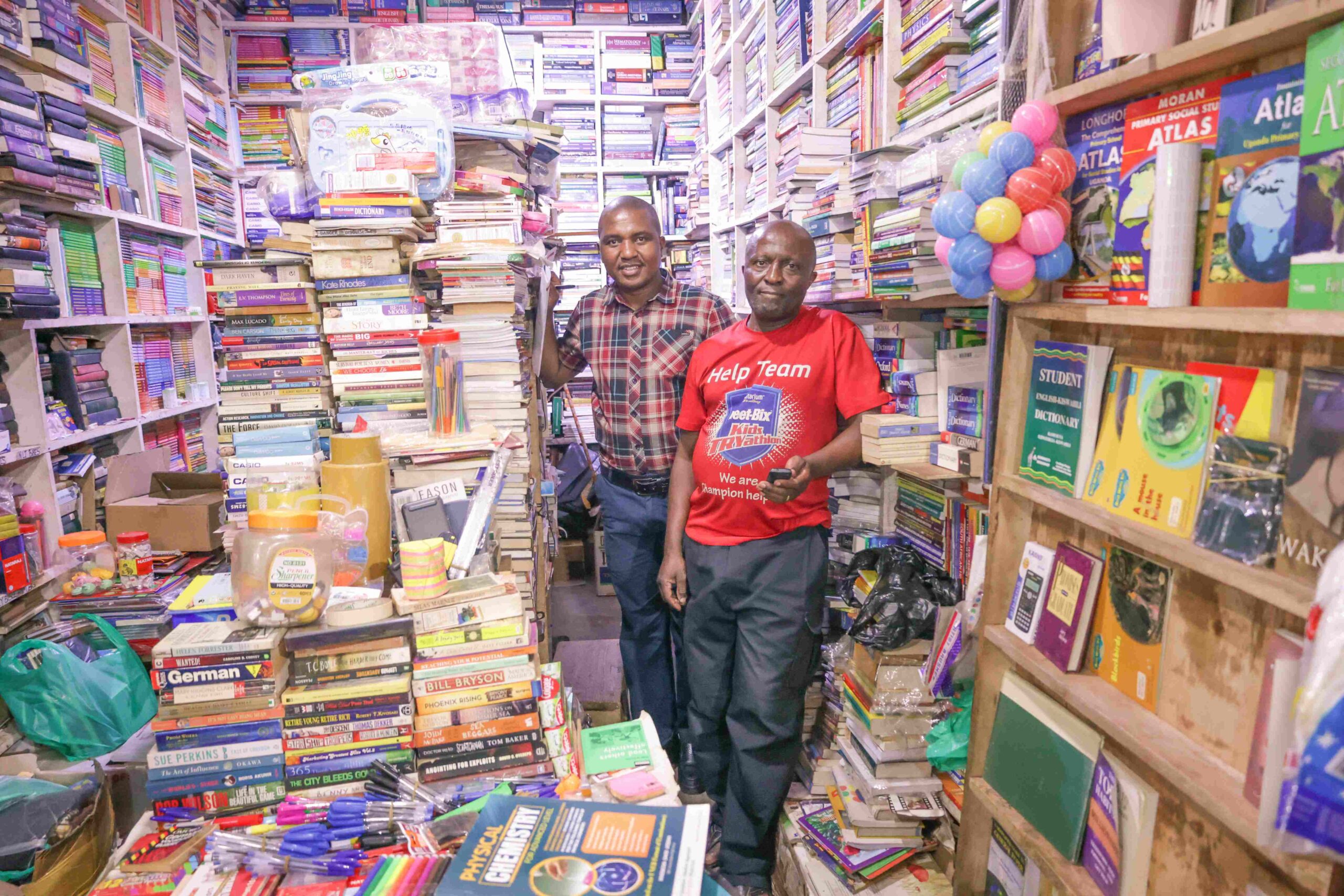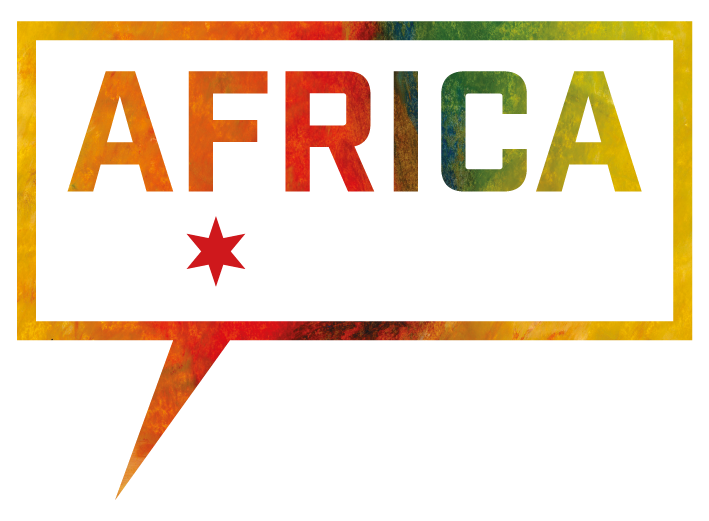There are many obstacles that hinder Christian publishing in Africa—finances, inexperience, infrastructure, political instability. But ultimately, we must remember that our calling is from God, and our greatest obstacles are spiritual. “For we do not wrestle against flesh and blood, but against the rulers, against the authorities, against the cosmic powers over this present darkness, against the spiritual forces of evil in the heavenly places” as Ephesians 6:12 says.
Authors and Content
There is not enough quality local content or truly great books written by Africans. Africa is used to reading Western content, thus making it a struggle for local content by local authors to find readership.
Emerging authors need training to improve their writing skills. There is too much dependence on translation, and as a result, little initiative to train writers or to undertake the time-consuming work of developing inexperienced authors.
The perception of African writers, unfortunately, has also created an obstacle. Due to the lack of quality training and publishing options, many have chosen to self-publish, which has created a bad perception of African writers. When the quality of the works is low—badly written, full of mistakes—it discredits the authors.
Market
Africa suffers from a lack of a culture of reading and writing. Many associate reading with “work” (as in schoolwork) and not with “pleasure” (enjoying reading in contexts outside of education). It is necessary to develop strategies to motivate African readers living in oral contexts and to seriously consider audiobooks or electronic books in visual format.
Poverty (including low-income levels outside major urban centers) means readers are unable to purchase literature, which makes publishing financially unfeasible.
There is also a very large and very young potential market, but few children’s books and a very small buying public because of the low purchasing power of households, schools, and churches. In the DRC, for example, teachers receive between $50 and $120, a salary too low for survival, much less to afford the luxury of buying a book.
Industry, Infrastructure, and Cost
Traditional, more centralized publishing methods have had limited success in establishing a truly African publishing industry. The cost of publishing is very high. Indigenous publishing initiatives languish without unending Western subsidies, and yet the majority of African readers still have little access to, and all too often cannot afford, most books that are produced.
There needs to be adequate infrastructure within stable economies for a Christian publishing industry to grow and thrive. Appropriate infrastructure includes technology, human resources, competencies, etc. In certain places, political instability disturbs economies, which in turn thwarts the growth of adequate infrastructure.
There is a need for more publishers who know the socio-cultural realities of African readers and pay attention to contemporary realities. African authors have few places to publish what they write and too few publishing professionals to assist them, including editors and marketers. With a lack of initiative, entrepreneurship, and financial means, the few Christian publishing houses that exist can only provide a minimum service. As a result, potential authors are not identified, and existing authors are not motivated or supervised. Publishers also lack control and access to bestselling products that can build their business.
Christian publishing initiatives have rarely started with a trade/entrepreneurship model. Sooner or later, the founders realize that publishing is a business concept as much as it is a ministry venture. Most Christian leaders are not prepared or do not have the skills to run the business aspect, and so they become disillusioned. Many publishing projects collapse in less than five years.
Many authors and publishers are not aware of publishing standards or cannot afford professional services to ensure their books are up to standard. Training is needed to improve skills at all levels of production. When people do have a vision to publish, lack of experience and training often holds them back.
There is no easily identifiable structure for the African book trade as seen in Europe and North America. As such, authors in Africa often self-publish. And whatever the publication method, the distribution network is very informal, such as non-business relationships with churches. Often well-intentioned initiatives foster unrealistic attitudes concerning the creation, production, and distribution of Christian literature, as well as distorting the “normal” functioning of a Christian publishing industry. Members of the book industry in Africa more often operate as stand-alone businesses, unable to listen and to engage in real partnership. And when Bibles and other products are dumped in large quantities, prices fall to unsustainable level (as exemplified in Walking with the Poor).

The cost of publishing remains a significant barrier. Africa contains some of the poorest countries in the world, yet expenses can only be reduced by so much.
There are few good-quality professional printers, and the ones that exist are too expensive. African printers are yet to match the standards, excellence, and quality of the more advanced printing countries like India and China. Printing, paper, ink, electrical power, and the physical distribution of books are very costly. A 200-page book printed in 3000 copies costs locally $3 while in Asia it can be produced at $0.80. African governments may exempt paper and ink for import, but that outcome is uncertain. Taxes on books and other literature have greatly contributed to the higher retail price of books.
Logistics
Logistics remain a problem—how to get books from the writer or publisher to the reader. Book imports into Africa are very expensive, which makes the retail price prohibitive for many readers. Shipping within the continent can be exorbitant, necessitating more print-on-demand local printing solutions. Poor (or nonexistent) postal services and poor (or nonexistent) internet service providers disrupt content delivery. Distances, inadequate roads, and problems crossing borders all make distribution difficult and expensive. These problems in transnational commerce hinder pan-African distribution.
Movement of funds and currency fluctuation also cause problems. When a book is published in one country and sold in another, it is often very difficult for bookshops to find foreign exchange to pay for the books they want.
Due to these cost and distribution issues, books are not readily accessible to the population. Localized distribution is unable to generate needed scale and markets. There are not many bookstores or traditional distribution channels outside main commercial centers; and even in several major cities, there are too few stores. Local bookstores are often too small to have a good selection of titles.
Marketing is almost nonexistent because of the very high cost. Broadcast networks often do not work properly, and Francophone Africa in particular lacks broadcast networks. Without marketing opportunities, the vast market never learn about new products, and unsold goods languish.
The explosion of digital technology, mobile applications, and other interactive tools is creating a new scene in the industry. But e-books and virtual libraries depend on devices that are still very expensive.
War, local conflicts, and terrorism contribute to instability in numerous countries. Corruption often remains an issue, whether in government or in organizations. Civil wars, import duties, sales taxes, high interest rates, bad or inadequate national and local leadership, and political and social crises all hinder publishing, marketing, and distribution efforts
Weak research and lack of effective market dynamics mean the industry does not have the information it needs. Data about published books, who reads them, and where they are is very hard to come by for planning purposes, even within one country.
But despite these many obstacles, the church in Africa is trusting in God Almighty to accomplish his purposes through the sound teaching and biblical content they produce. And God’s purposes cannot be thwarted.

